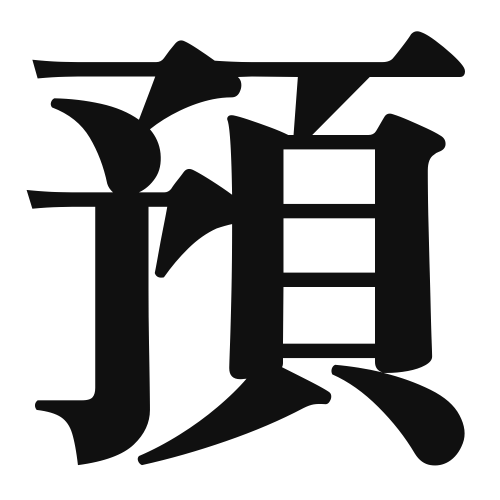1. Overview of Meaning
The kanji “預” (yo) primarily means “to entrust” or “to deposit.” It conveys the idea of giving something to someone for safekeeping or for future use.
2. Formation and Radical
Formation of the Kanji: The kanji “預” is a phonetic-ideographic character (形声文字). It combines the meaning of “to give” (与) and the phonetic component “yo” (余), which helps indicate its pronunciation.
Radical: The radical of “預” is “言” (gen), which relates to speech or words, indicating that the act of entrusting often involves communication or agreement.
3. Examples of Usage
Common Words and Phrases:
- 預金 (yokin) – savings, deposit
- 預ける (azukeru) – to entrust, to leave in someone’s care
Example Sentences in Daily Conversation:
- このお金を銀行に預けます。 (Kono okane o ginkō ni azukemasu.) – I will deposit this money in the bank.
- 彼に本を預けておきました。 (Kare ni hon o azukete okimashita.) – I entrusted the book to him.
4. Synonyms and Antonyms
Similar Kanji:
- 委 (i) – to entrust, to delegate (more formal context)
- 貸 (kashi) – to lend (implies giving temporarily)
Antonyms:
- 取 (toru) – to take (opposite action of entrusting)
- 返 (hen) – to return (implies taking back what was entrusted)
5. Cultural and Historical Background
Relation to Japanese Culture: The concept of “entrusting” is significant in Japanese culture, reflecting values of trust and responsibility in relationships, both personal and professional.
Proverbs and Idioms:
- 預けることは信頼の証 (Azukeru koto wa shinrai no akashi) – Entrusting is a sign of trust.
